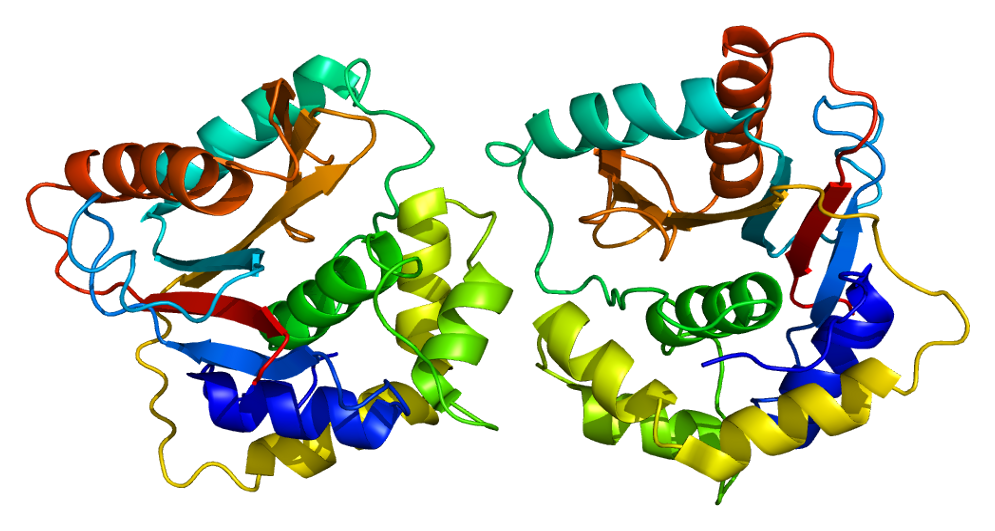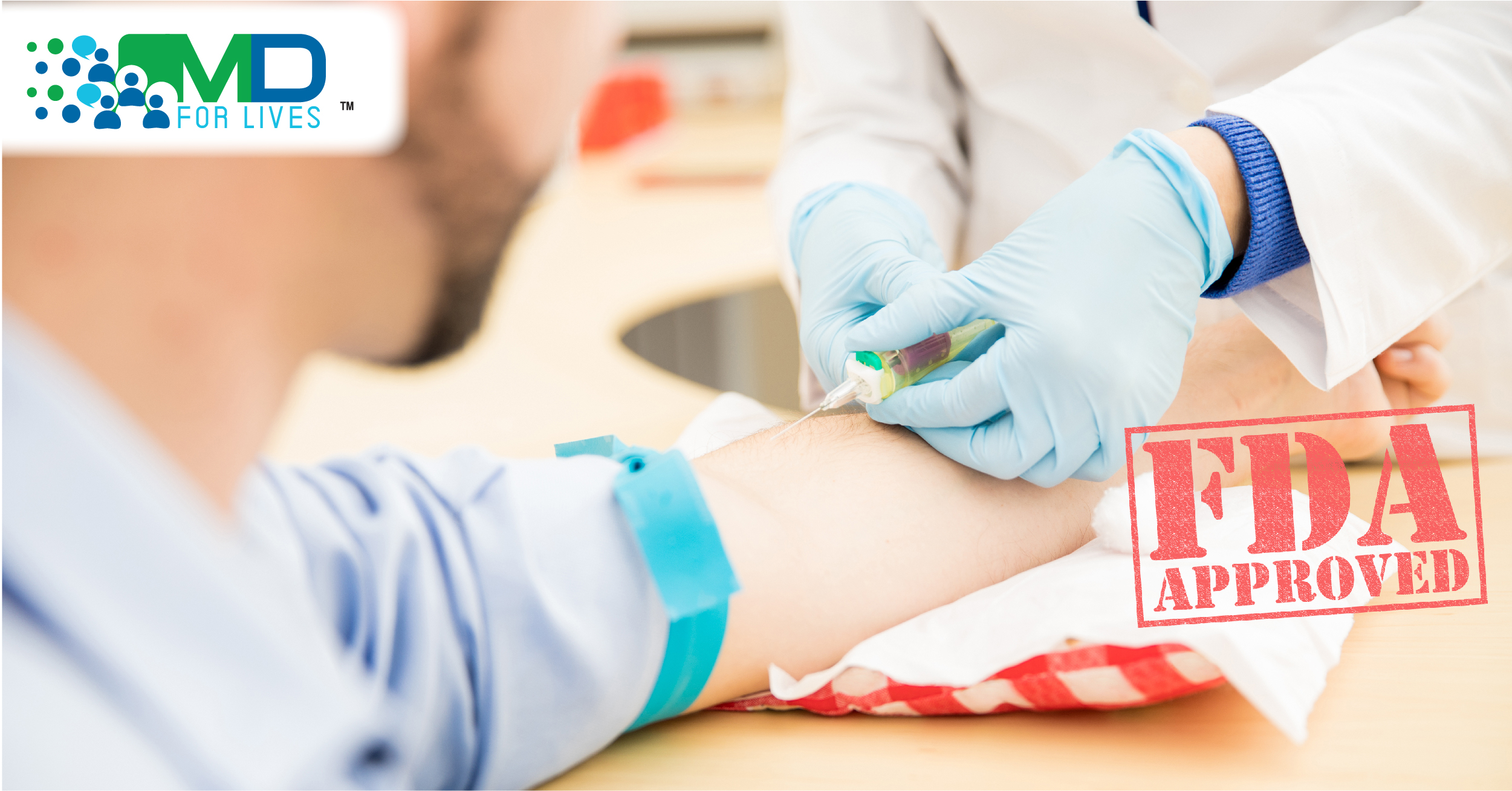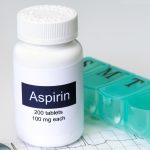Blood tests make diagnosis easier, but blood test and biomarkers for traumatic brain injury have historically been lacking. Now, healthcare professionals have a new option for diagnosing mild traumatic brain injury, also known as concussion.
On January 11th, 2021, Abbott announced that its rapid blood test for mild traumatic brain injury (TBI) has received FDA 510(k) clearance for marketing. The plasma test runs on Abbott’s handheld i-STAT™ Alinity™ instrument. According to the company, the test provides results within 15 minutes with 95.8% sensitivity and more than 99% negative predictive value.
Mild traumatic brain injury (concussion) affects more than 3 million people in the US every year. Multiple practice guidelines recommend relative rest for the first 24-48 hours after mild traumatic brain injury to avoid further head injuries during the recovery period. Some concussions require further management. Unfortunately, concussions are underdiagnosed, potentially placing patients at risk. This is because many individuals never seek medical attention after a head injury and accurately diagnosing a concussion can be a challenge.
Mild traumatic brain injury symptoms may include confusion, transient neurological abnormalities, or brief loss of consciousness- symptoms are often subtle. Patients with a recent head injury and/or traumatic brain injury symptoms are commonly evaluated using the Glasgow Coma Scale score, which can be followed by imaging such as CT scan or MRI if clinically indicated. CT scan is useful but has low sensitivity to diffuse injuries including diffuse axonal injury, which can be present even with mild TBI. Signs of mild TBI are often not visible on CT scan. Besides, there is a concern over the radiation exposure and costs associated with these scans.

In light of these limitations, biomarkers for traumatic brain injury have been of interest for several decades. Several proteins released by damaged brain cells (including neurons and astrocytes) are currently under investigation as biomarkers, that could potentially be used in blood tests to detect TBI or evaluate its severity.
The new Abbott test for concussion is based on the detection of ubiquitin C-terminal hydrolase-L1 (UCH-L1) and glial fibrillary acidic protein (GFAP) in patient plasma. UCH-L1 is an abundant, neuron-specific protein that is released from injured neurons. GFAP is found in glial cells in the central nervous system and is released when those cells die. Both proteins are released within minutes to hours after a traumatic brain injury. This biomarker pair has been evaluated in different age groups, with or without symptoms.

In 2018, the FDA authorized the Banyan Brain Trauma Indicator™ by Banyan Biomarkers, Inc., which also uses UCH-L1 and GFAP to evaluate suspected TBI in a clinical laboratory setting and the results are delivered in 3-4 hours. However, this test has not been commercialized and is not currently widely available. The new Abbott test for concussion is handheld and results are available within minutes.

Other tests and biomarkers under investigation could further change the clinical picture for TBI diagnosis. Abbott is also working on a whole-blood version of its test for concussion, a portable rapid test kit to use outside clinical settings. Other blood-based biomarkers to evaluate traumatic brain injuries are under study.







